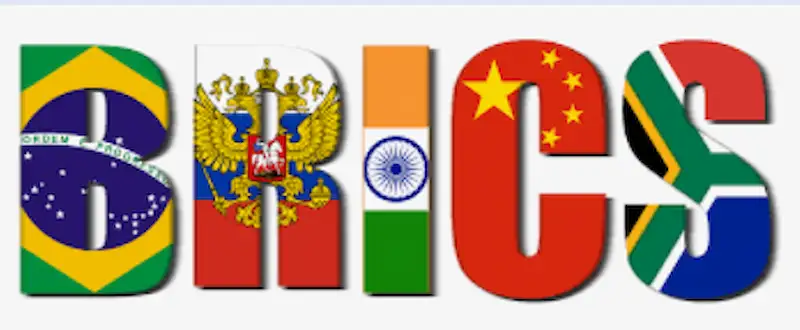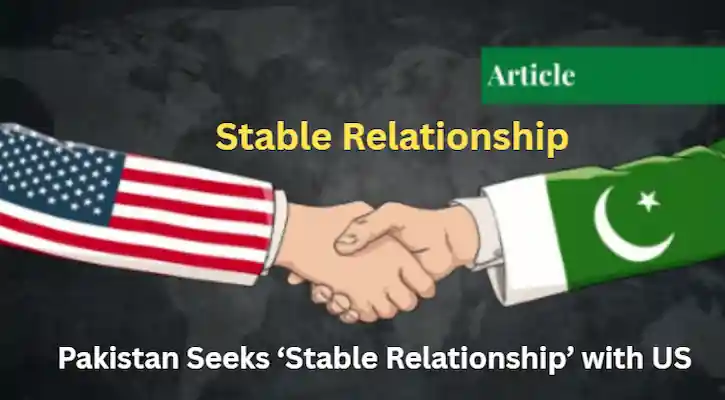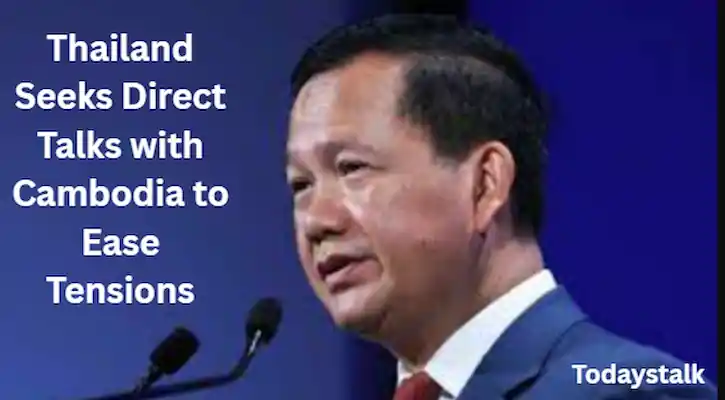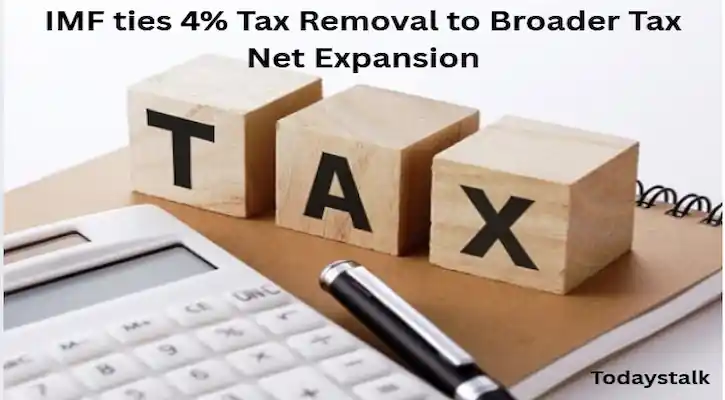The Gulf Cooperation Council (GCC) and the Global South are taking the lead in forming a world that is changing quickly in an era of geopolitical unrest, climatic problems, and economic transition. These areas are actively expressing their opinions in multipolar governance frameworks, technology sovereignty, and climate diplomacy, and they are no longer passive receivers of global choices.
Economic Development Despite Global Difficulties
Despite global slowdowns and supply chain disruptions, the GCC and important Global South nations have some of the fastest-growing economies. A future-oriented approach is demonstrated by the GCC’s shift to diversification, with the UAE and Saudi Arabia making investments in technology, travel, and renewable energy.
In a similar vein, the Global South—which includes countries in Africa, Brazil, Indonesia, and India—is using demographic advantages and the digital revolution to propel economic expansion. These areas are becoming into hubs for innovation, investment, and demand worldwide.
Energy Transition and Climate Leadership
Despite the severe reality of climate change, the GCC and Global South are aggressively promoting sustainable finance, climate justice, and a balanced energy transition. GCC countries emphasize realistic transition timescales and make significant investments in renewable energy and green hydrogen, positioning themselves as intermediaries between developed and poor countries at COP meetings.
The need for justice and equality in the global response to climate issues is underscored by the continued calls from countries in the Global South on the Global North to fulfill its climate financing commitments.
Changes in Geopolitics and Multipolar Diplomacy
The GCC and Global South are forming new diplomatic alliances as the world order changes into a multipolar environment:
- African and Latin American countries are using South-South cooperation to push for debt restructuring and fair trade practices.
- The GCC is expanding its connections outside conventional Western alliances and bolstering its ties with the BRICS.
- Through trade agreements and online coalitions, Asia’s developing economies are changing the balance of power in the area.

These areas are able to prioritize development objectives while navigating geopolitical issues because to their collective diplomatic recalibration.
Innovation and Sovereignty in Technology
In order to lessen reliance on Western technology and promote regional innovation ecosystems, the GCC and Global South are investing in developing technical skills. A drive for digital sovereignty and resilience is reflected in the AI initiatives of the United Arab Emirates and Saudi Arabia, the digital public infrastructure of India, and the emergence of fintech in Africa.
Young, tech-savvy people are being empowered by these programs, which are also opening doors for local solutions to regional problems.
Youth Empowerment and Cultural Influence
The GCC and Global South, which are home to the youngest populations in the world, are projecting soft power through digital content, entrepreneurship, and cultural industries. Events in Lagos, São Paulo, Dubai, and Riyadh highlight new innovation and creativity, changing the way these places shape global narratives.
In order to capitalize on demographic advantages, governments invest in education, tech upskilling, and startup ecosystems, with a primary focus on youth empowerment.
Obstacles to Come
Opportunities notwithstanding, difficulties still exist:
- In certain regions of the Global South, there are problems with governance and political instability.
- Sensitivity to climate change even with modest historical emissions.
- Avoiding dependence traps while navigating tremendous power struggle.
Nonetheless, these difficulties fuel the movement for more robust institutions, frameworks for resilience, and intraregional collaboration.
Toward the Future: Leaders in a Changing Environment
By promoting more equitable international systems and promoting sustainable development, the GCC and Global South are exhibiting leadership.
- Promoting equitable global systems and advancing sustainable development.
- Making investments in human resources and technology to prepare their economies for the future.
- Participating actively in global governance forums and climate discussions.
The voices of the GCC and Global South will be essential in creating a more equitable, multipolar, and sustainable future as the world faces a civilizational crisis characterized by economic uncertainty, technology shocks, and climatic emergency.
FAQ
Q: Why are the GCC and Global South important in today’s world?
Ans: They are driving economic growth, advocating for fair climate action, and shaping multipolar diplomacy amid global crises, emerging as leaders in a changing world.
Q: How is the GCC contributing to climate leadership?
Ans: By investing in renewable energy, green hydrogen, and acting as a bridge in climate negotiations while ensuring sustainable energy transitions.
Q: What role does the Global South play in global governance?
Ans: The Global South is demanding equitable representation in global forums, fair trade, and technology access, shaping global governance for a more balanced world order.






 Bitcoin
Bitcoin  Ethereum
Ethereum  XRP
XRP  Tether
Tether  Solana
Solana  TRON
TRON  Dogecoin
Dogecoin  Litecoin
Litecoin
Pingback: Pakistan Stocks Surge 1,205 Points to Record High | Todays Talk
Pingback: Pakistan’s Circular Debt: A Growing Threat to Energy Security | Todays Talk